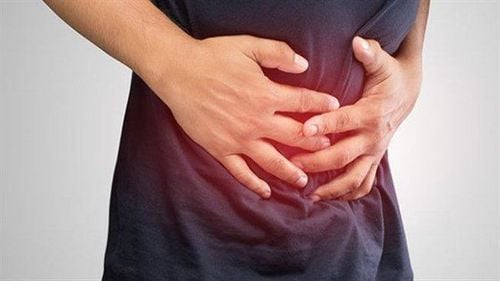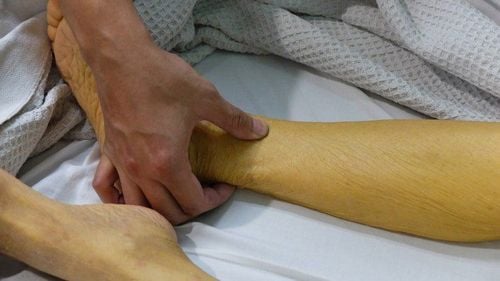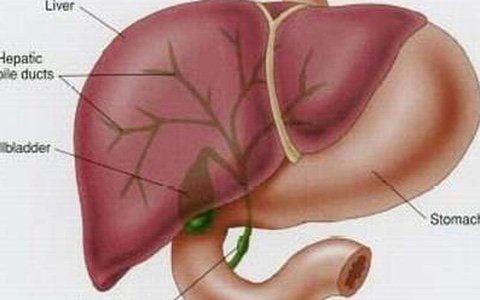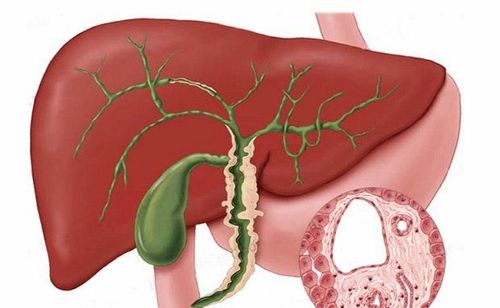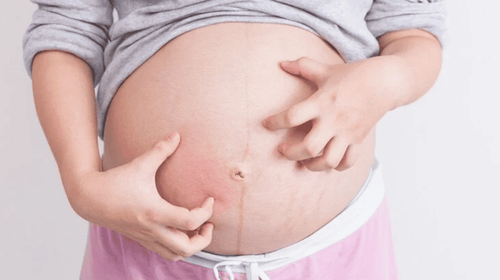This is an automatically translated article.
The article was professionally consulted by Specialist Doctor II Lai Thi Nguyet Hang - Department of Obstetrics and Gynecology - Vinmec Ha Long International Hospital.Cholestasis of pregnancy occurs when the liver cannot excrete bile properly, causing severe itching in the pregnant woman. Itching occurs in the hands and feet, usually during the second trimester or in the third trimester of pregnancy.
1. What is cholestasis of pregnancy?
Cholestasis of pregnancy, also known as gestational cholestosis, occurs when the liver cannot excrete bile properly. Cholestasis of pregnancy causes severe itching, especially in the legs and arms of the pregnant woman. This condition occurs late in the second trimester or during the third trimester of pregnancy. Cholestasis of pregnancy does not usually cause serious health problems for the mother, but it can cause serious complications for the baby.Cholestasis of pregnancy can cause some of the following signs and symptoms:
Severe itching, especially in the palms and soles. The degree of itching increases gradually at night. Dark urine Discolored stools Yellow skin, eyes, and tongue.
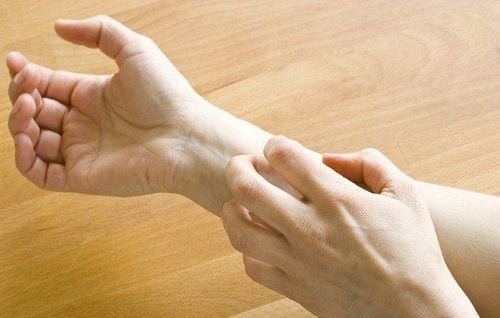
2. Causes and risk factors
Bile is a greenish-yellow fluid that helps digest fats mainly composed of cholesterol, the bile pigment bilirubin and bile salts. Bile is produced by the liver and stored in the gallbladder. From the gallbladder, it passes through the common bile duct into the duodenum. An obstruction outside the liver that prevents bile from leaving the liver leads to extrahepatic cholestasis. Intrahepatic cholestasis occurs when there is a problem with the secretion of bile from the liver, which is a common type of cholestasis during pregnancy. In addition, increased pregnancy hormones, especially estrogen can affect the overactive gallbladder and liver, leading to cholestasis of pregnancy.Some factors increase the risk of cholestasis of pregnancy including:
Family history of pregnancy cholestasis Having cholestasis before pregnancy due to the risk of recurrence in pregnancies about 45- 90% Multiple pregnancy History of liver damage In vitro fertilization
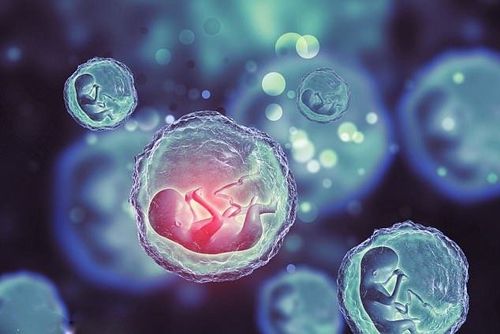
3. Complications of cholestasis of pregnancy
Cholestasis of pregnancy can cause a number of complications in both the mother and the fetus. For pregnant women, complications are usually not too serious, there may be some problems with absorbing fat-soluble vitamins such as vitamins A, D, E and K. However, after delivery, they will stabilize again. and did not affect liver function.For the fetus, complications will be more serious than for the mother, including:
High risk of premature birth: If the lungs are not fully developed, there is a risk of death Higher risk of aspiration meconium, leading to difficulty breathing metabolic disorders, cardiovascular disorders in adulthood To avoid serious complications for the fetus, doctors often induce labor early if the mother has cholestasis of pregnancy.
4. Diagnosis and treatment
4.1 Diagnosis To diagnose cholestasis of pregnancy, in addition to clinical manifestations such as itching, jaundice,... The doctor will ask to perform some tests such as:Urine test, assessment of stool properties Blood tests to assess liver function, blood bile levels Ultrasound to detect abnormalities in the liver,... 4.2 Treatment For mild cases of cholestasis, occurring late in pregnancy may not need treatment. The goals of treatment for cholestasis of pregnancy are to relieve symptoms, especially itching, and to prevent possible complications for the mother and fetus.
In addition to using prescription medications, some methods of reducing itching in pregnant women include:
Soaking the affected areas of skin in warm water can provide temporary relief. Dab the affected areas with baking soda or apple cider vinegar combined with coconut oil after bathing. Patients with cholestasis will have low levels of vitamin K and an increased risk of bleeding. Therefore, pregnant women will often need vitamin K supplements before and after giving birth. In addition, pregnant women need to follow a healthy diet, eat a lot of fruits and vegetables. Drink enough water every day. Avoid highly refined foods, sugar, processed meats, soy products, high-fat dairy products and carbonated drinks, alcohol,...
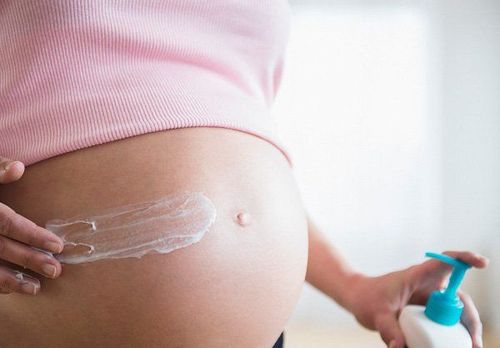
Blood tests will monitor the patient's liver function and blood bile levels. Fetal ultrasounds are more frequent to monitor the health and development of the fetus. Perform fetal frequency tests to assess the fetal heart rate in relation to the mother's body movements. Labor will be intervened around week 38 of pregnancy. If cholestasis of pregnancy is severe, this intervention may be done earlier.
In a nutshell, cholestasis of pregnancy is a condition in which the liver does not excrete bile properly, causing severe itching in pregnant women, occurring in the second trimester or in the third trimester of pregnancy. This condition does not affect the pregnant woman too much, but can cause dangerous complications for the fetus. Therefore, when you see abnormal symptoms such as itching during pregnancy, jaundice, ... you should immediately go to a medical facility for examination and timely intervention.
The middle 3 months of pregnancy is a period of strong fetal growth and pregnancy cholestasis. To help monitor your own health and fetal development, pregnant women need:
Comprehensive fetal malformation control by superior 4D ultrasound technique. Screening for gestational diabetes, avoiding many dangerous complications for both mother and baby. Control the mother's weight reasonably to assess the health status of the pregnant woman and the development of the fetus. Understand the signs of threatened early delivery (especially in those carrying multiple pregnancies or having a history of miscarriage or premature birth) so that they can receive timely treatment to maintain pregnancy. To protect mother and baby during pregnancy, Vinmec provides a comprehensive Maternity service to monitor the health status of mother and baby, periodical antenatal check-ups with leading Obstetricians and Gynecologists. enough tests, important screening for pregnant women, counseling and timely intervention when detecting abnormalities in the health of mother and baby.
For detailed information about all-inclusive maternity packages, please contact the hospitals and clinics of the Vinmec health system nationwide.
Please dial HOTLINE for more information or register for an appointment HERE. Download MyVinmec app to make appointments faster and to manage your bookings easily.





